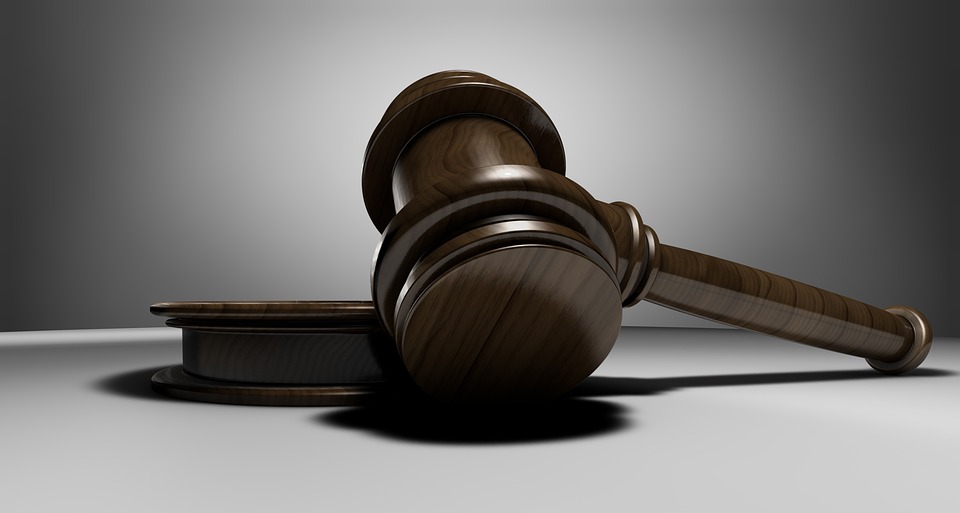Intellectual property infringement can have significant financial and reputational implications for businesses. Whether it’s trademark infringement, copyright infringement, or patent infringement, it’s Of course important to take swift and appropriate legal action to protect your intellectual property rights. Finding the best legal process for infringement claims indeed can be a daunting task, and it’s important to work with experienced lawyers who can guide you through the process. At the Appellate Lawyers Office, we specialize in handling infringement claims and have helped numerous clients protect their intellectual property rights. In this article, we will discuss how to find the best legal process for infringement claims and how our team can help you navigate the legal process.
the legal process for a copyright infringement claim
The legal process for copyright infringement claims in India typically involves the following steps:
- Sending a Cease and Desist Notice: The first step in the legal process is for the copyright owner to send a cease and desist notice to the alleged infringer. In fact, It requests that they stop using copyrighted material. This notice should specify the details of the infringement and the remedy sought.
- Filing a Lawsuit: If the alleged infringer does not comply with the cease and desist notice, the copyright owner may file a lawsuit in the appropriate court. In India, Civil courts will hear copyright Infringement claims cases.
- Preliminary Hearing: Once you file the lawsuit, the court will hold a preliminary hearing. It is to determine whether there is a prima facie case of Infringement claims. Moreover, If the court finds that there is a prima facie case, it will issue an injunction order. This order will prevent the alleged infringer from using the copyrighted material.
- Discovery: During the discovery phase, both parties will gather and exchange evidence, such as documents and witness statements, to support their case.
- Trial: If the case proceeds to trial, both parties will present their evidence and arguments before the court. The court will then make a decision on whether copyright infringement has occurred and award damages, if applicable.
- Appeal: If either party is dissatisfied with the court’s decision, they may file an appeal with a higher court.
Other Legal Info
- How To Defend Against Copyright Infringement In India?
- Intellectual property and their duties: The Best Reliable IP Lawyers
- PROFESSIONAL NEGLIGENCE
- Victims of road accidents: Roadmap in online for fast and easy compensation
In summary, the legal process for copyright infringement claims in India involves sending a cease and desist notice, filing a lawsuit, holding a preliminary hearing, conducting discovery, holding a trial, and filing an appeal, if necessary. It is important to consult with an experienced IP attorney to guide you through the process and maximize your chances of a successful outcome.

